International Day Against Nuclear Tests 2020
The nuclear menace is once again on the rise. A complete ban on nuclear testing is an essential step in preventing the qualitative and quantitative improvement of nuclear weapons and in achieving nuclear disarmament.
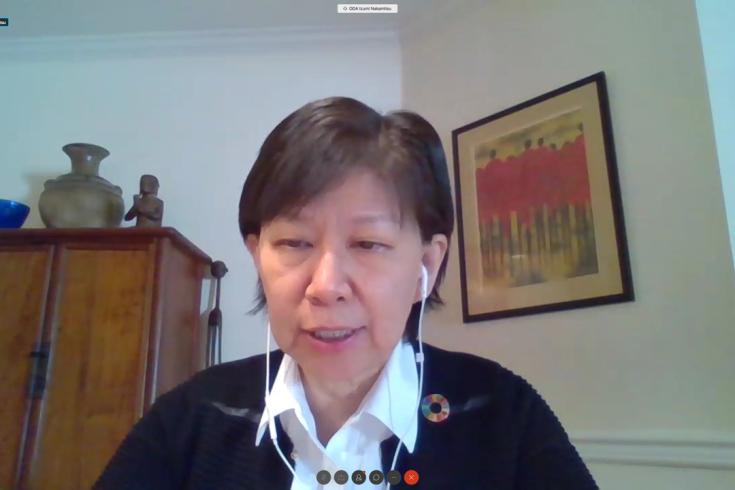
Izumi Nakamitsu, UN High Representative for Disarmament Affairs, addresses the UNGA high-level plenary.
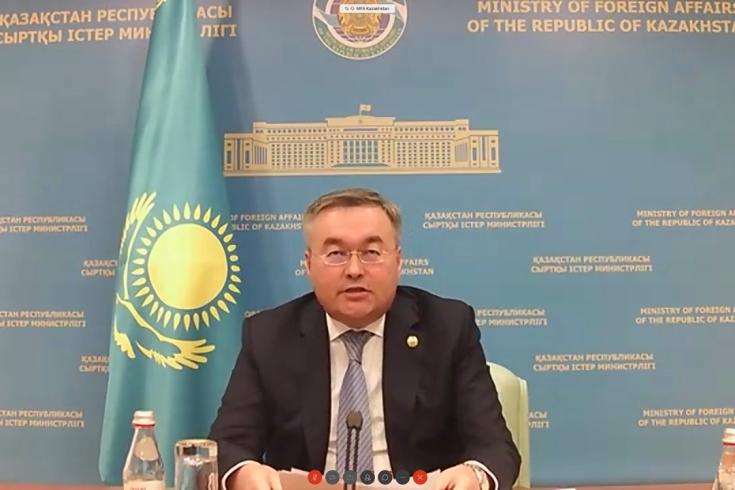
Kazakhstan’s Foreign Minister Mukhtar Tleuberdi delivers a statement to the UNGA on behalf of First President Nursultan Nazarbayev.
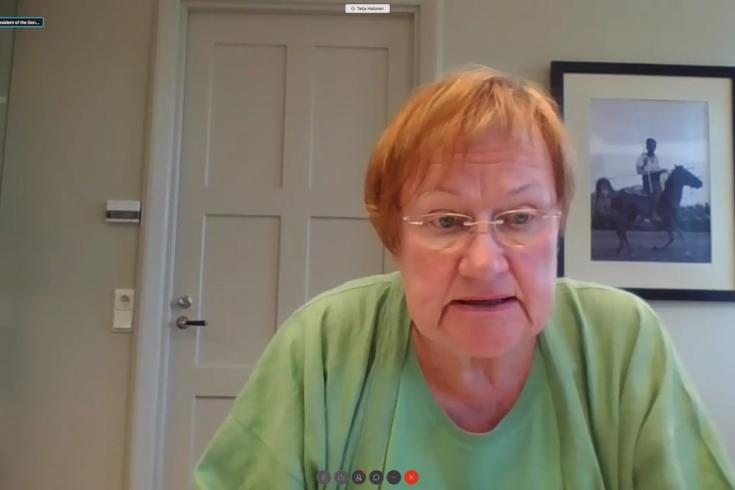
Former Finnish President Tarja Halonen addresses the UNGA high-level plenary.
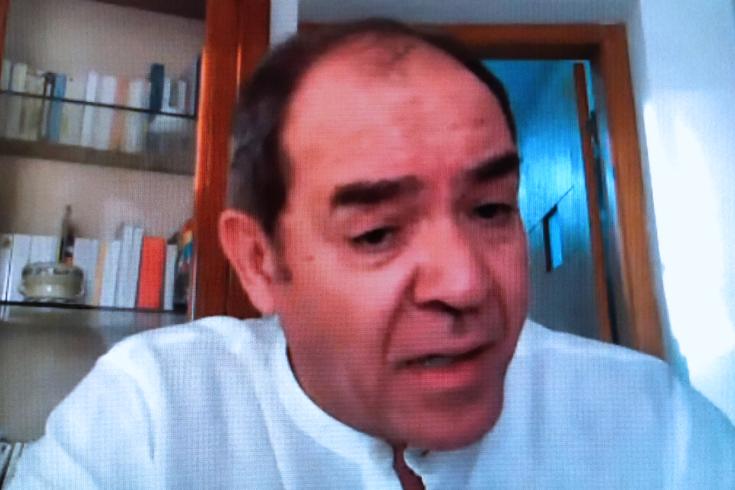
Algerian Foreign Minister Sabri Boukadoum speaks at the European Forum Alpbach panel.
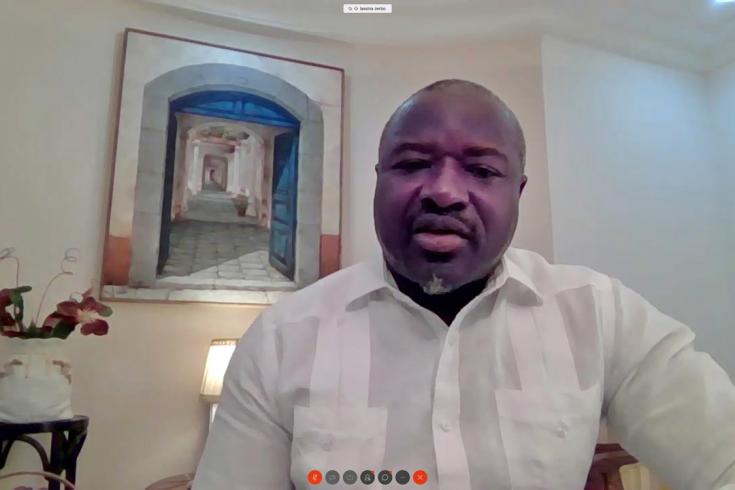
CTBTO Executive Secretary Lassina Zerbo delivers a statement to the UNGA high-level plenary.
Entry into force of the CTBT is an attainable victory for the international community that is hiding in plain sight.
The CTBT is a key element for the preservation of international peace and security.
For this year’s International Day against Nuclear Tests, let us all commit to sparing no effort to strengthen the global non-testing norm and redouble our efforts to finally close the door on nuclear testing by bringing the CTBT into force. By doing so, we will both reinforce multilateralism as the ultimate means to address global challenges, and take a giant step forward on the path to a nuclear weapons free world.
28 Aug 2020